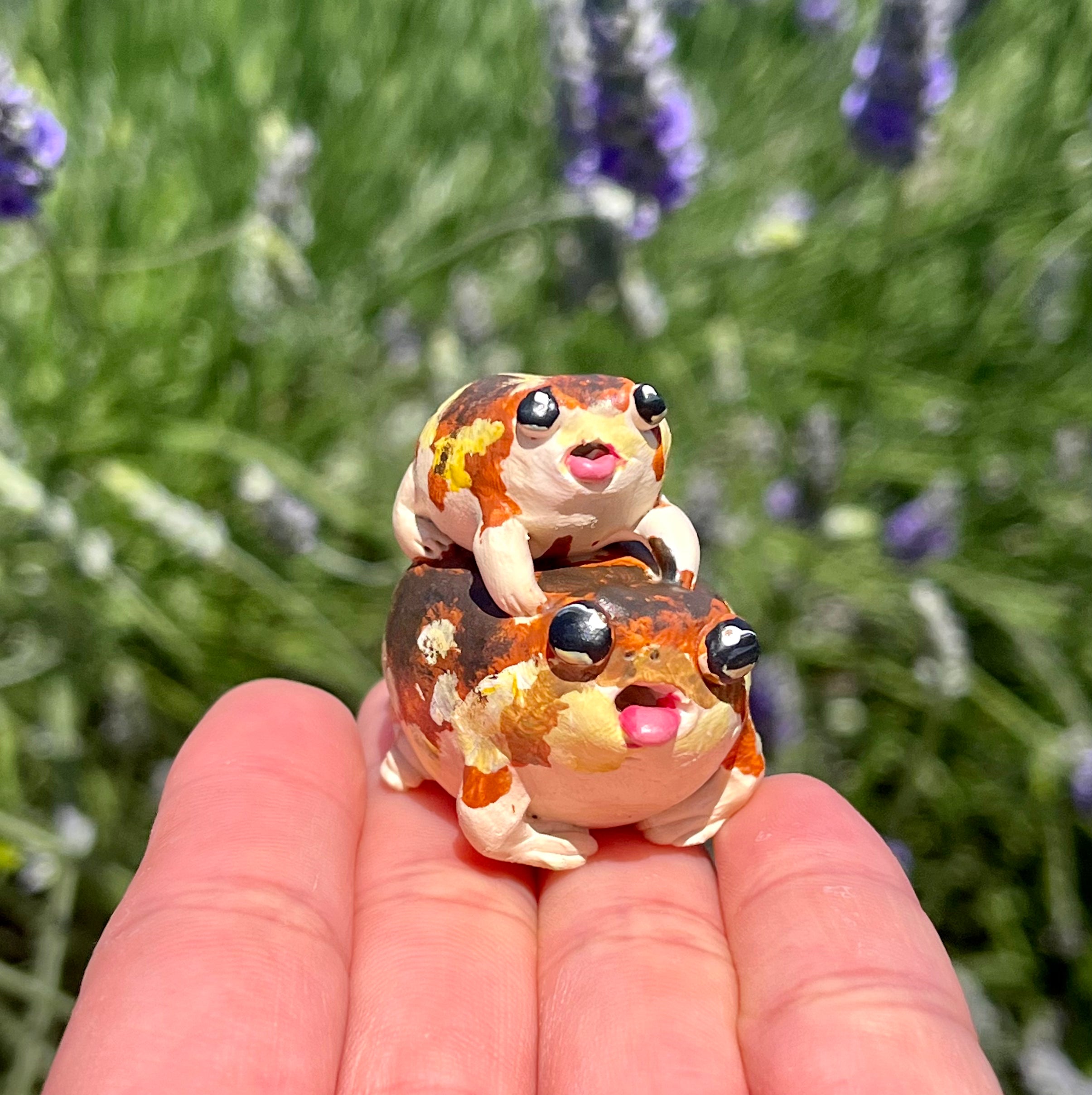Uncover Rare Rain Frog for Sale: Elevate Your Amphibian Collection Today!
Uncover Rare Rain Frog for Sale: Elevate Your Amphibian Collection Today!
Blog Article
Common Wellness Issues in Reptiles: Signs And Symptoms and Solutions
In the detailed globe of reptile care, comprehending the common health issues that might influence these special creatures is critical in ensuring their health. From respiratory system infections that can quietly take hold to metabolic bone diseases that can cripple, reptiles are prone to a series of ailments that require eager observation and timely treatment. Whether it's coming to grips with parasitic problems, navigating dehydration concerns, or dealing with skin disorders that materialize in refined methods, being in harmony with the signs and symptoms and geared up with the knowledge of reliable remedies is vital for any type of reptile proprietor. By delving better into the subtleties of these health and wellness issues and discovering the functional remedies offered, one can protect the wellness and vitality of these interesting pets.
Respiratory System Infections
Respiratory infections in reptiles can substantially influence their total health and call for prompt focus from experienced veterinarians. These infections are typically triggered by fungis, infections, or germs and can show up via signs and symptoms such as hissing, nasal discharge, open-mouth breathing, and sleepiness. In reptiles, respiratory system infections can be specifically testing to identify and treat due to their unique anatomy and physiology. Vets often count on a mix of physical exams, analysis imaging, and lab tests to accurately recognize the underlying reason of the infection.
Treatment for respiratory infections in reptiles typically entails a combination of encouraging care, such as maintaining correct moisture levels and temperature slopes in the room, as well as targeted drug to deal with the specific microorganism responsible for the infection. It is critical for reptile owners to check their animals closely for any type of signs of respiratory system distress and seek vet care at the earliest indicator of a concern. With timely treatment and appropriate treatment, many reptiles can recuperate fully from respiratory infections and return to regular activities.

Metabolic Bone Condition
What factors add to the advancement of Metabolic Bone Illness in reptiles?
Metabolic Bone Condition (MBD) in reptiles is primarily brought on by a lack of appropriate calcium, phosphorus, and vitamin D3 degrees in their diet regimen. When reptiles do not receive adequate calcium, either with their food or appropriate UVB direct exposure for vitamin D3 synthesis, they go to a high threat of establishing MBD. Reptiles with diet regimens reduced in calcium or unbalanced calcium to phosphorus proportions are specifically susceptible. Additionally, poor exposure to UVB light protects against reptiles from synthesizing vitamin D3, which is vital for calcium absorption and bone wellness.
Not enough humidity levels can also impact a reptile's ability to metabolize calcium properly. Routine vet check-ups, correct husbandry practices, and a well balanced diet are crucial to stop Metabolic Bone Disease in reptiles.
Parasitical Problems
Parasitic problems pose a considerable health danger to reptiles, influencing their overall wellness and calling for prompt vet attention. Reptiles can be impacted by numerous parasites, including termites, ticks, inner worms, and protozoa. These parasites can trigger an array of symptoms, such as weight loss, lethargy, skin inflammation, looseness of the bowels, and even death if left without treatment.
One common parasite discovered in reptiles is the mite, which can trigger skin anemia, anxiety, and irritability. Ticks are an additional exterior bloodsucker that can send conditions and create discomfort to the reptile. Internal parasites like worms and protozoa can lead to digestive concerns, malnutrition, and weaken the reptile's immune system.
To diagnose a parasitic infestation, a veterinarian might execute fecal examinations, skin scrapings, or blood examinations. Therapy usually entails deworming drugs, antiparasitic bathrooms, or in serious situations, hospitalization. Preventative steps such as regular veterinary exams, correct health, and her response quarantine procedures for new reptiles can help decrease the threat of parasitical invasions and guarantee the well-being of reptile pets.
Dehydration and Hydration Issues
Dehydration in reptiles can considerably impact their wellness and health, requiring timely intervention and appropriate hydration management. Reptiles are vulnerable to dehydration because of different factors such as poor water intake, high environmental temperature levels, and specific health and wellness problems. Signs of dehydration in reptiles include sunken eyes, sleepiness, loss of skin elasticity, and lowered peeing. If left neglected, dehydration can result in severe wellness problems and also be fatal to the reptile.
To avoid dehydration, reptile proprietors have a peek here ought to view it make certain that their animals have accessibility to clean water whatsoever times. The water recipe ought to be big sufficient for the reptile to take in if needed, specifically for species that take in water via their skin. In addition, maintaining appropriate moisture degrees in the reptile's enclosure and offering routine bathrooms can help avoid dehydration.
In situations of dehydration, it is crucial to seek veterinary treatment without delay. A veterinarian may provide liquids either by mouth or through injections to rehydrate the reptile. It is necessary to address the underlying source of dehydration to stop reoccurrence and make certain the reptile's total well-being.
Skin Ailments

Conclusion

Breathing infections in reptiles can substantially impact their overall health and wellness and require timely attention from seasoned veterinarians (rain frog for sale). Preventative actions such as regular vet exams, proper hygiene, and quarantine treatments for new reptiles can assist reduce the threat of parasitic problems and guarantee the health of reptile animals
If left neglected, dehydration can lead to serious health and wellness issues and even be deadly to the reptile.
Frequently evaluating your reptile for any modifications in skin appearance, appearance, or color can aid in early discovery and therapy of skin ailments, promoting the general health and wellness and health of your flaky companion. - rain frog for sale
In conclusion, reptiles are susceptible to different wellness concerns such as respiratory infections, metabolic bone disease, parasitic invasions, dehydration, and skin conditions.
Report this page